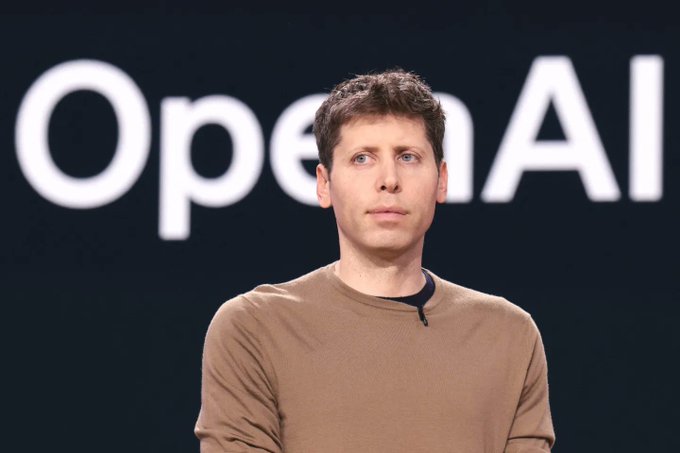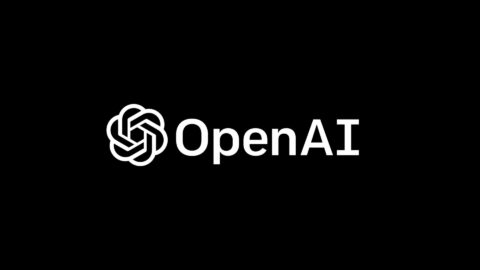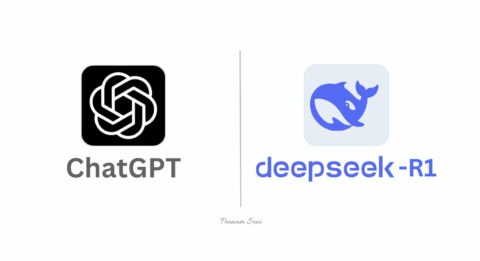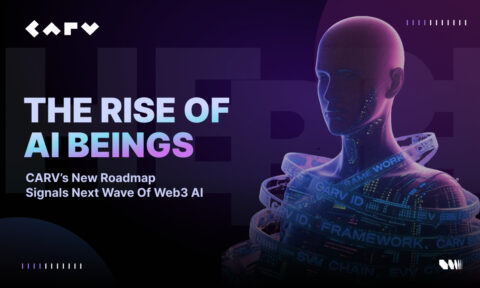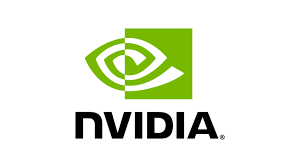# OpenAI’s Vision for Artificial Intelligence: Insights from Sam Altman
OpenAI, a top company in AI research and development, recently shared its clear plan for reaching Artificial General Intelligence (AGI) and, eventually, Artificial Superintelligence (ASI). CEO Sam Altman shared his belief that OpenAI can create AGI and suggested that AI agents might start working by 2025. Altman highlighted the importance of having a strong framework to direct the growth and use of AI technologies, recognizing the large amount of money needed for these big goals.
Governance Challenges and Structural Changes
Altman reflected on the challenges OpenAI faced regarding its governance model, particularly during a period when he was temporarily removed from the organization. He described this incident as a failure of oversight that tested the core principles of leadership within the company. Acknowledging the efforts of individuals who worked behind the scenes to stabilize operations, Altman underscored the necessity for a governance structure that can adapt to rapid technological advancements.
Industry Skepticism and AGI Timeline
Despite OpenAI’s ambitious claims, skepticism remains prevalent within the industry regarding the timeline for achieving AGI. Some experts argue that high-level machine intelligence may not materialize until the 2050s, citing surveys that reflect a 50% probability of such advancements. Critics question the feasibility of breakthroughs in autonomous learning and transparent reasoning occurring as soon as 2025. Altman, however, believes that iterative releases and user feedback will enhance safety and functionality, as evidenced by Salesforce’s introduction of its Agentforce product.
Altman highlighted the important need for a strong framework to help develop and use AI technologies, recognizing the large amount of money needed for these big goals.
OpenAI’s shift to a for-profit model has faced a lot of criticism. Encode, a youth-led group, has made a strong move by filing an amicus brief in federal court, asking the court to stop OpenAI from going down this route. Encode says that focusing too much on making money can harm people, putting public safety at risk and making social inequalities worse.
This action has sparked a discussion about the ethics of AI development. Elon Musk, a co-founder of OpenAI who later left the company, shared these worries, saying, “OpenAI was started as an open-source, non-profit, but has turned into a closed-source, profit-driven organization.”
Encode’s legal challenge shows the rising worries about the risks of uncontrolled AI development and the need to make sure that technology progress benefits humanity. As AI technologies grow quickly, it’s more important than ever to have strong ethical guidelines and responsible development practices.
The Pursuit of Superintelligence
Altman articulated OpenAI’s aspirations extending beyond AGI to the realm of superintelligence, which he views as an inevitable progression for advanced AI systems. He posited that superintelligent tools could lead to significant advancements in science and engineering. Addressing ethical considerations, Altman advocated for cautious deployment and alignment research to mitigate potential risks associated with these technologies.

